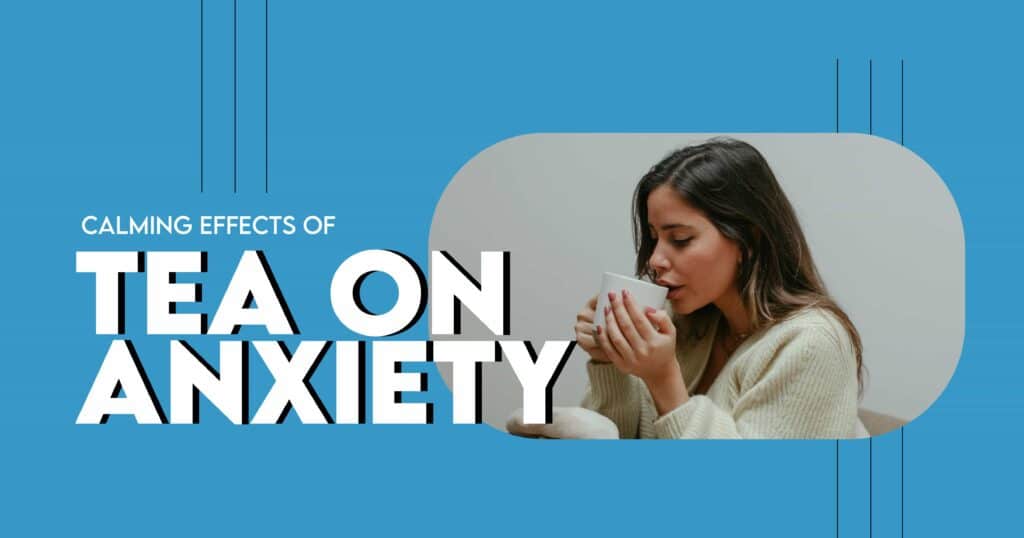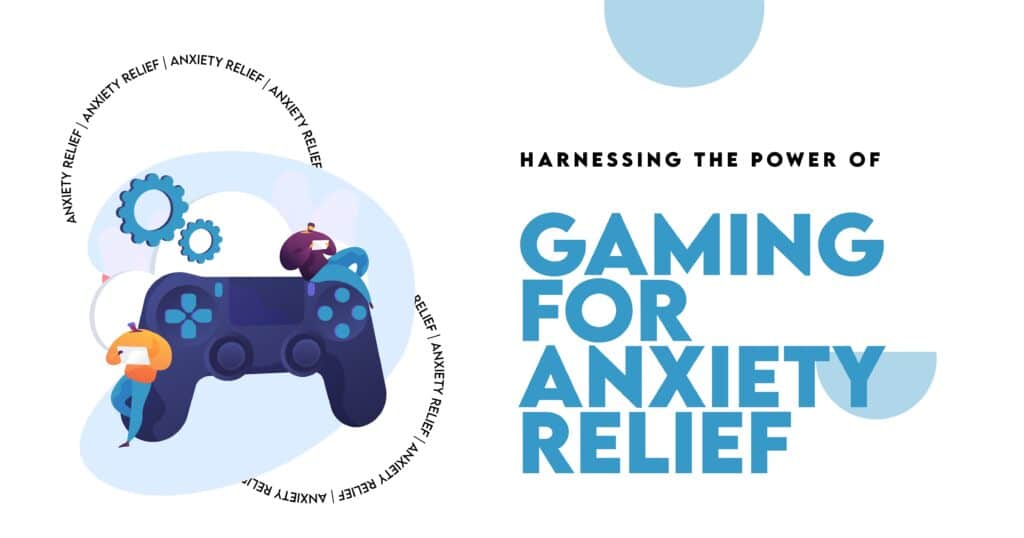Many people fear how to be alone because they equate it with loneliness. However, being alone doesn’t necessarily mean feeling lonely. Loneliness stems from a lack of connection, whereas solitude is a choice to spend time with oneself. Choosing alone time can lead to self-discovery, personal growth, and a deeper understanding of yourself without external influences.
In today’s fast-paced world, where social media and digital communication keep us constantly connected, saying, “I want to be alone” can seem unusual. However, learning to be alone is a skill that can enrich your life rather than detract from it. By embracing solitude, you allow yourself to recharge and cultivate inner peace.
The Benefits of Alone Time
Spending time alone has numerous benefits that can improve mental and emotional well-being. Solitude allows for self-reflection, helping you clarify your goals, values, and desires. It encourages independence, reducing the need for external validation. When you become comfortable with being alone, you build resilience and self-sufficiency.
Another significant benefit of alone time is enhanced creativity. Without the distractions of social interactions, your mind can explore new ideas, engage in hobbies, and develop personal projects. Furthermore, solitude helps improve emotional regulation by providing the space to process feelings without outside pressure.
Short-Term Strategies for Enjoying Solitude
For those unaccustomed to being alone, it may initially feel uncomfortable. However, there are several ways to ease into solitude and enjoy it. Start by dedicating short periods to alone time, such as taking a solo walk, having a meal alone, or engaging in an activity you enjoy without company. These small moments of solitude can help you adjust to being alone without feeling isolated.
Practice Mindfulness to Enhance Comfort
Mindfulness practices like meditation or journaling can also enhance your ability to be comfortable in your company. These activities shift your focus inward, allowing you to connect with your thoughts and emotions meaningfully. Additionally, taking up hobbies that can be done alone, such as reading, painting, or playing an instrument, makes time alone more enjoyable and fulfilling.
Long-Term Habits to Feel Comfortable Being Alone
Developing long-term habits can make being alone feel natural rather than forced. One essential habit is cultivating self-love and self-compassion. When you learn to appreciate your own company, solitude no longer feels like a burden but a valuable experience.
Set Personal Goals for Self-Motivation
Another essential habit is setting personal goals that don’t rely on external validation. Whether learning a new skill, improving your health, or achieving a professional milestone, self-motivated goals give your alone time a purpose.
Reframe Your Mindset Around Solitude
It’s also helpful to reframe your mindset around solitude. Instead of viewing it as an absence of company, see it as an opportunity to reconnect with yourself. This perspective shift can make learning to be alone a positive and empowering experience.
How to Find Fulfillment in Solo Activities
If you’re wondering what to do when you are alone, there are endless possibilities for making the most of your solitude. Creative activities such as writing, painting, or crafting provide a way to express yourself. Physical activities like yoga, hiking, or working out can improve mental and physical health.
Traveling alone is another powerful way to embrace solitude. Exploring new places by yourself encourages self-reliance and allows you to experience the world on your own terms. Even simple activities like watching a movie alone or dining at a restaurant can be fulfilling when approached with the right mindset.
By finding activities that genuinely interest you, how to get used to being alone becomes an exciting journey rather than a daunting challenge.
Overcoming the Fear of Being Alone
For many, the fear of solitude stems from deeper emotional concerns such as fear of missing out, lack of self-confidence, or past experiences of abandonment. Acknowledging these fears is the first step in overcoming them. Instead of avoiding alone time, gradually expose yourself to it in a manageable way.
Building a strong sense of self-worth can also reduce the fear of solitude. When you trust yourself and feel secure in your presence, being alone feels less intimidating. Developing a routine that includes regular periods of solitude can also help you become comfortable with it over time.
When Solitude Becomes Unhealthy
While alone time is beneficial, excessive isolation can have adverse effects. If solitude leads to sadness, hopelessness, or disconnection from the world, it may be a sign that it has become unhealthy. Long periods of isolation can contribute to mental health issues such as depression or anxiety.
It’s important to recognize when solitude is no longer serving you. If you find that being alone feels more like a burden than a choice, consider seeking support to navigate these feelings.
Seeking Support When You Need It
Spending time alone should be a fulfilling and peaceful experience, but it’s equally important to maintain a balance between solitude and social connections. If you struggle with learning to be alone or find yourself feeling persistently lonely, reaching out to a mental health professional can be beneficial.
La Jolla Mental Health offers guidance on managing emotions and finding balance in solitude. Whether you need help embracing solitude or overcoming feelings of loneliness, professional support can significantly affect your well-being.
FAQs
How can I train myself to be alone?
Gradually increase the alone time by engaging in solo activities you enjoy. Practice mindfulness, set personal goals, and focus on self-improvement to build confidence in solitude.
Why is it hard for me to be alone?
Difficulty being alone often stems from emotional dependency, past experiences, or fear of missing out. Addressing these fears and shifting your perspective on solitude can help.
How do we accept loneliness?
Understanding that loneliness is a temporary feeling can help you cope. Focus on self-care, fulfill solo activities, and seek support if needed.
How can I just be alone?
Start by spending short periods in solitude and gradually increase your comfort level. Find joy in activities you can do alone and appreciate the value of your own company.
What are the benefits of spending time alone?
Alone time allows for self-discovery, improved emotional regulation, increased creativity, and a stronger sense of independence. It provides the space to reflect and grow as an individual.








